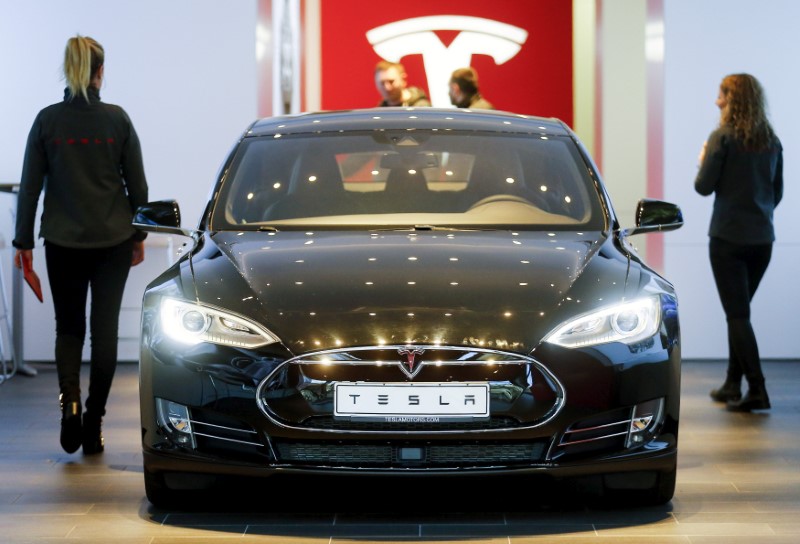Fubotv earnings beat by $0.10, revenue topped estimates
Tesla (NASDAQ:TSLA) stock extended its decline on Tuesday, which pushed the company’s market capitalization to below $500 billion. Minutes after New York opened, Tesla shares were down nearly 4% on the day.
At the time of writing, Tesla’s market capitalization stood at around $485 billion. Shares are down more than 60% from the all-time high set in 2021.
Tesla stock is now testing the 1-year low at $153.14. Any move below this level would see shares hit the lowest level since January 2023.
Why is Tesla stock dropping?
Tesla stock is down nearly 40% since the beginning of the year. The renewed weakness comes after the company announced a significant round of layoffs, its largest to date. The EV maker reportedly plans to reduce its workforce by over 10%, as it battles softening demand and several specific challenges that are dampening investor confidence.
Moreover, on the same day, two high-ranking executives, Senior Vice President Drew Baglino and Vice President of Public Policy and Business Development Rohan Patel, declared their resignations from the company.
Earlier this month, Tesla reported first-quarter delivery numbers that were well below Wall Street forecasts, marking the company's first year-over-year drop in quarterly sales since 2020.
Moreover, Reuters earlier reported that Tesla has shelved plans for a much-anticipated affordable car, which had been viewed as a key step towards transforming Tesla into a mass-market automaker.
Instead, the company is redirecting its efforts towards developing self-driving robotaxis based on the same small-vehicle platform, according to the report. The robotaxi news is not something that can help Tesla stock to re-rate.
“We believe this would introduce considerably higher risk profile for the stock, and remove a key reason many shareholders currently own it,” Deutsche Bank analyst Emmanuel Rosner said.
Coupled with weakening EV demand, these are the key reasons why Tesla stock is trading under pressure in recent months.
Tesla stock forecast
With Tesla stock at 1-year lows, the question arises: What is the outlook for TSLA for the remainder of 2024? The next big catalyst is the upcoming earnings report.
“We continue to worry about the setup for TSLA earnings, with potential Q1 FCF burn and reduction in FY volume guidance, and most important, potential thesis-changing strategic update if Model 2 is indeed de-emphasized,” Rosner added.
Discussing Tesla’s change in strategy, Rosner also said:
“This change in strategy would also make any upside from here tied to Tesla cracking the code on full driverless autonomy, which represents a significant technological and regulatory challenge.”
Earlier, JPMorgan analysts reiterated an Underweight rating on TSLA. The banking giant is one of the largest Tesla bears on Wall Street.
Job cuts “far-reaching implications for the hypergrowth narrative still embedded in Tesla’s share price, suggesting material downside risk for the stock,” they said.
